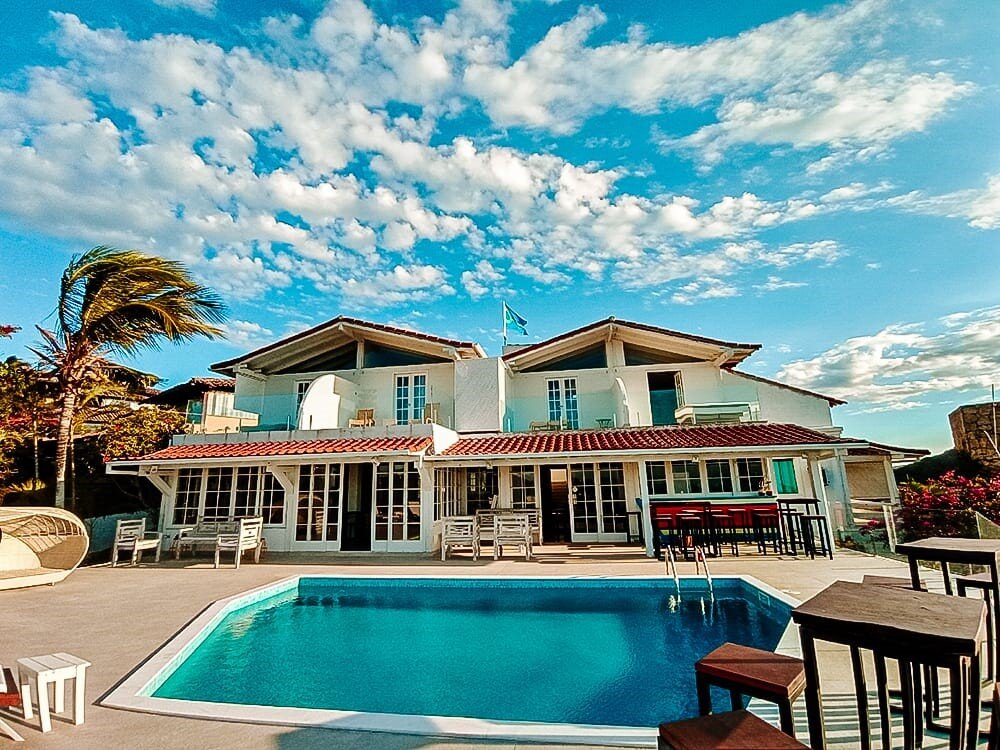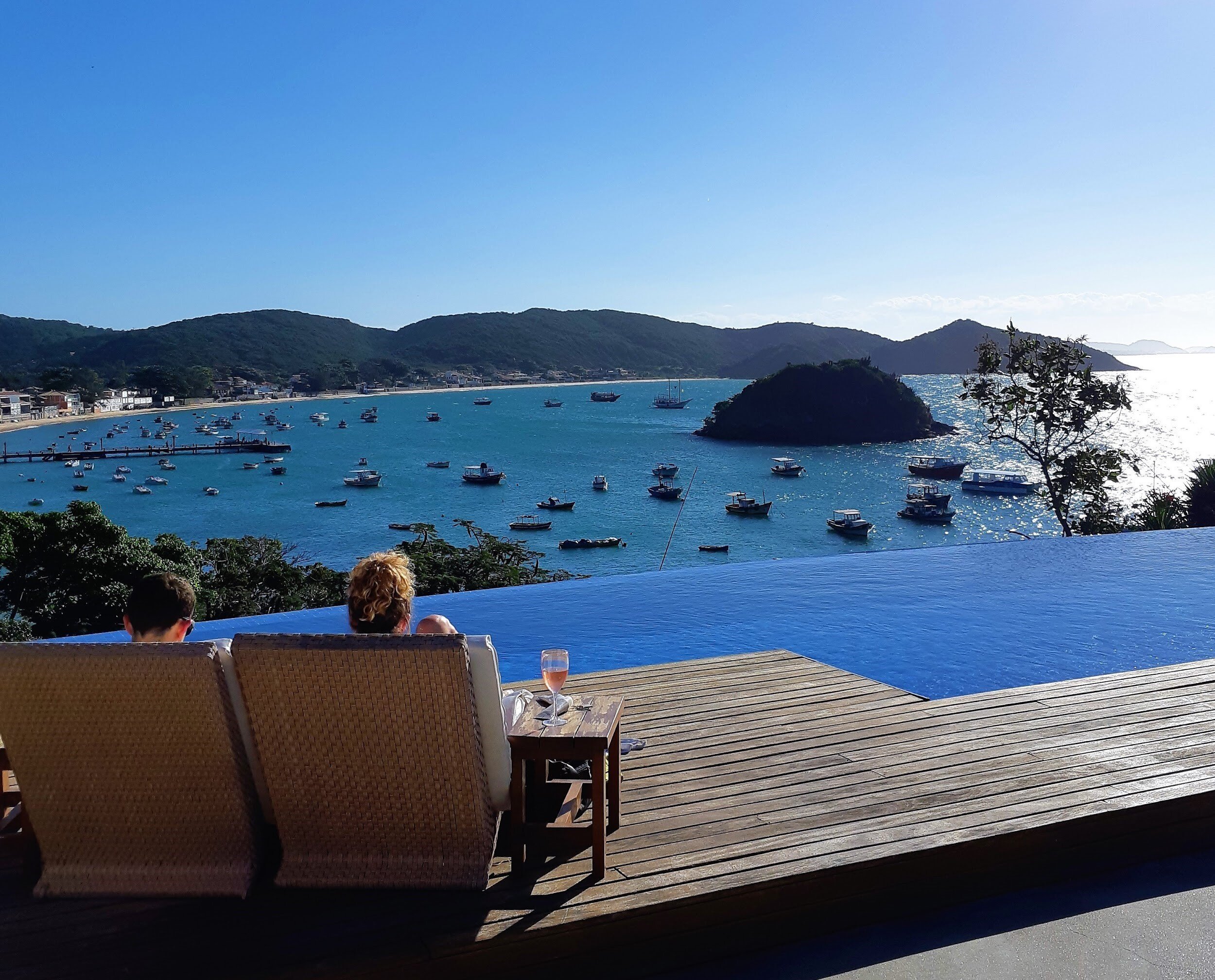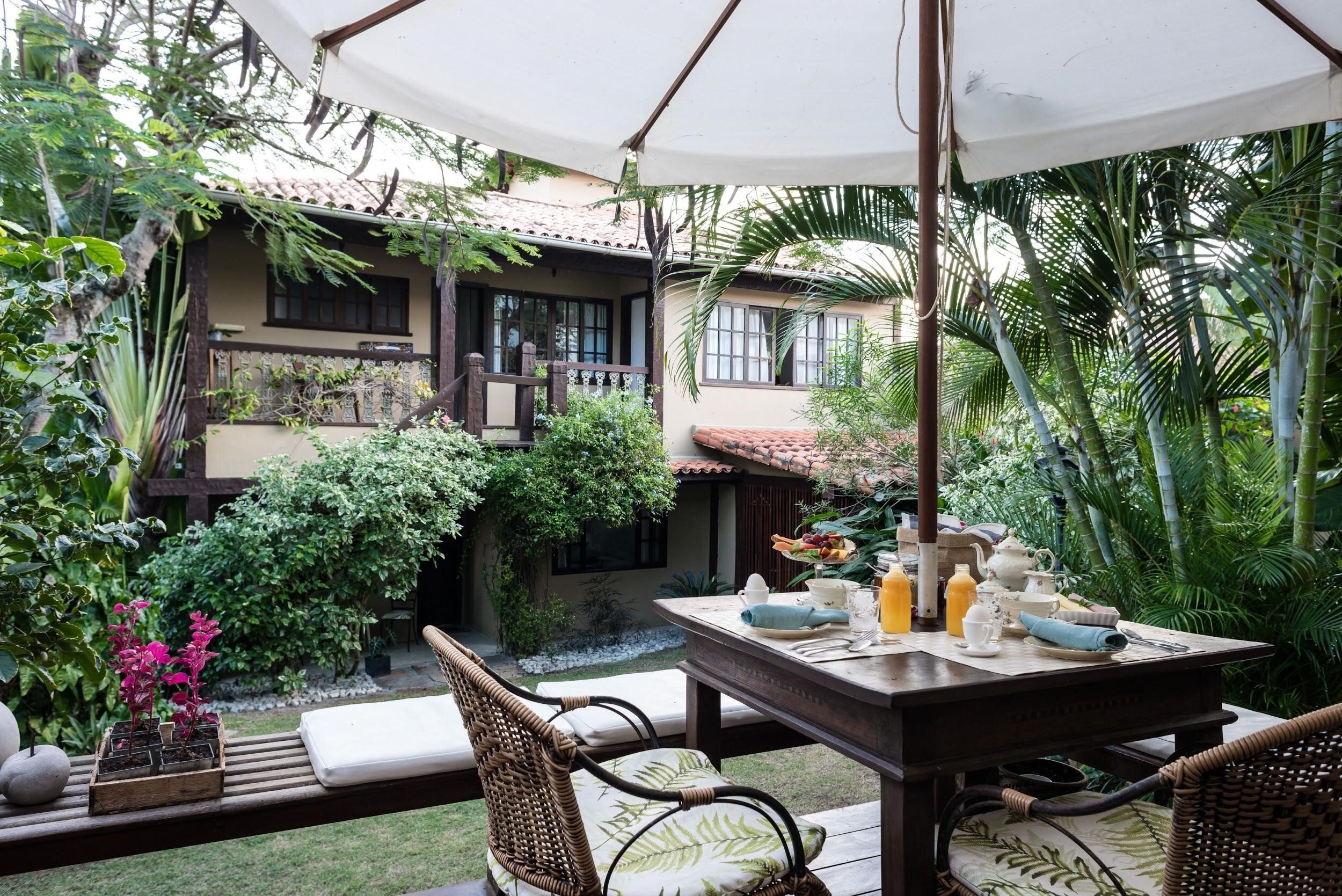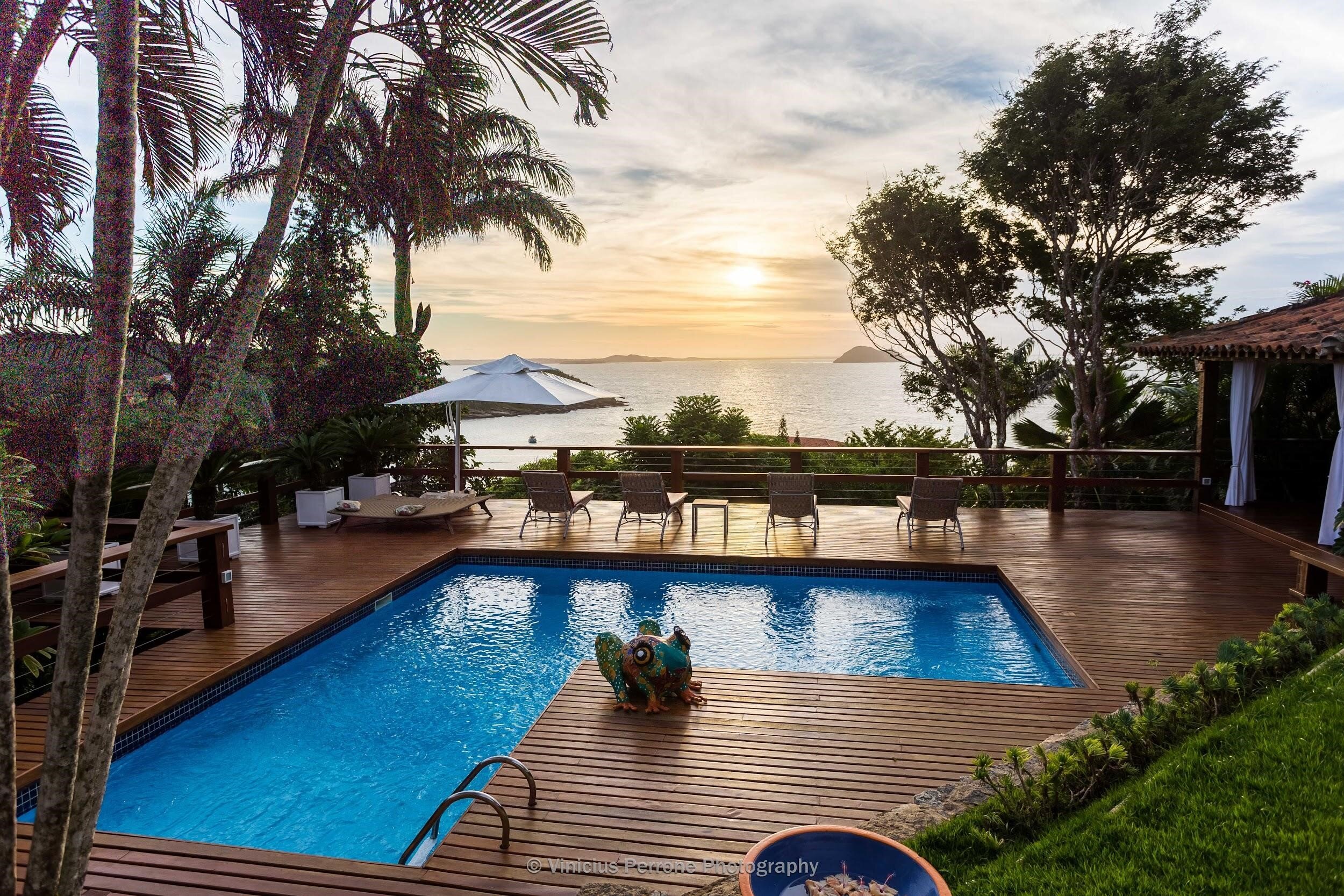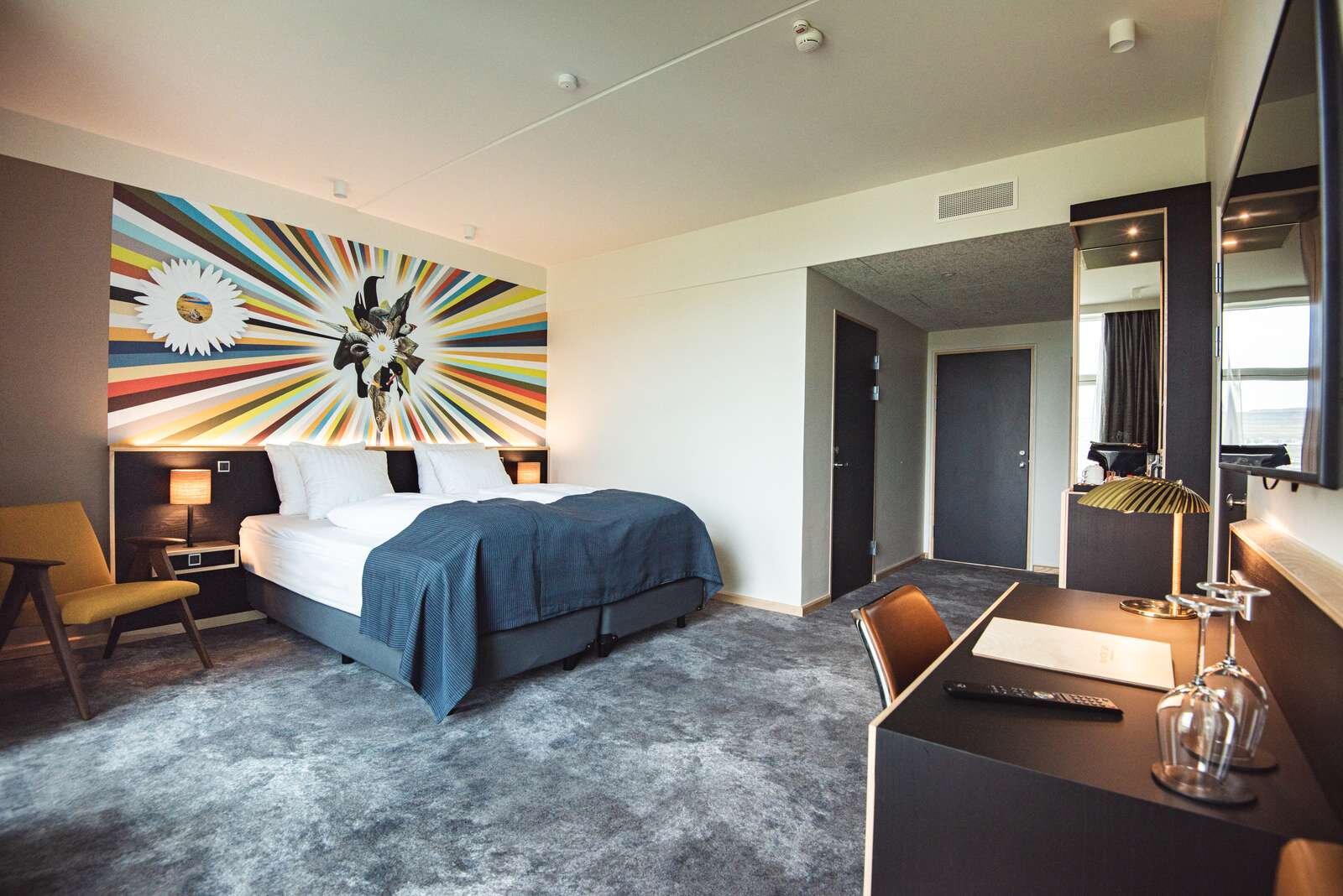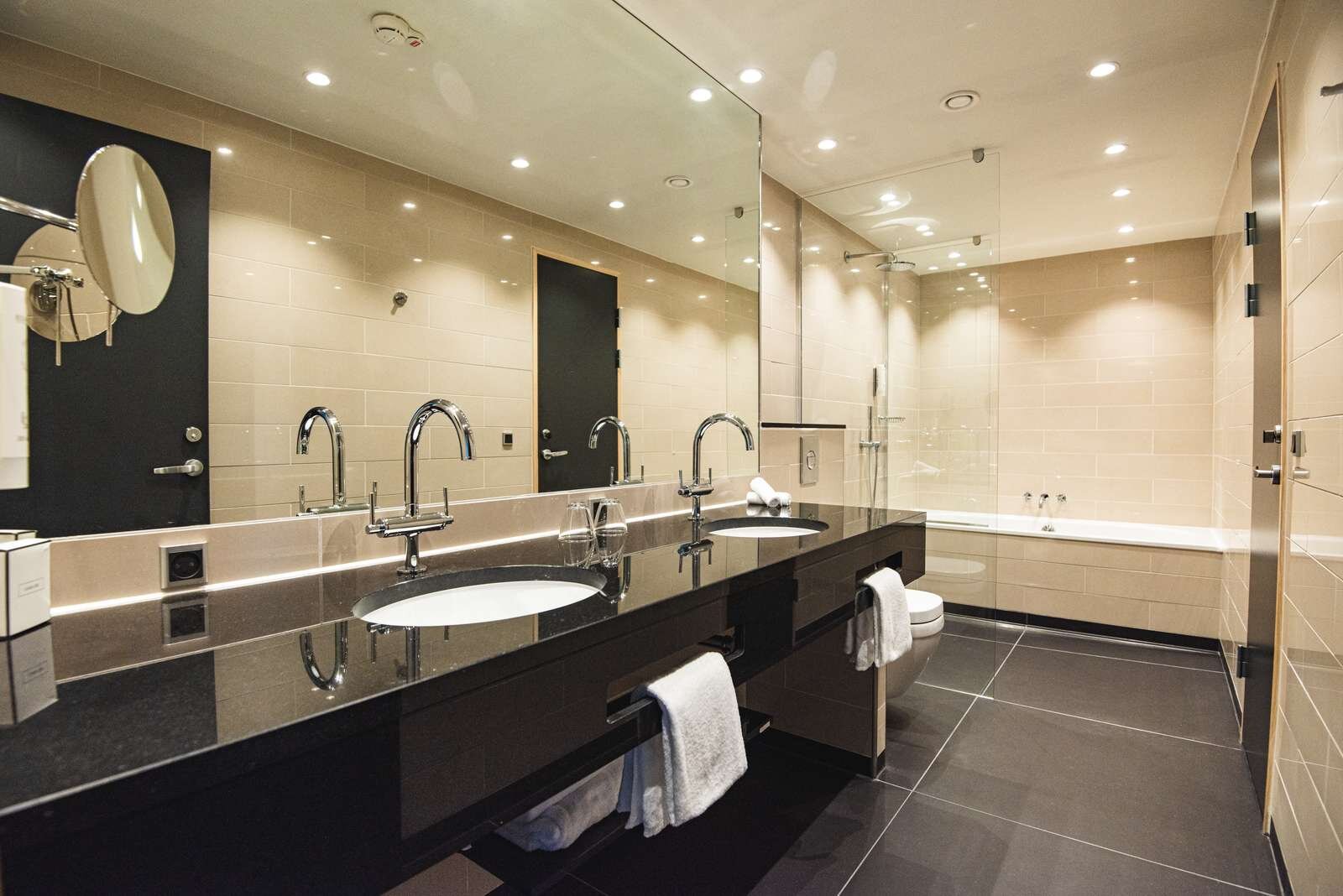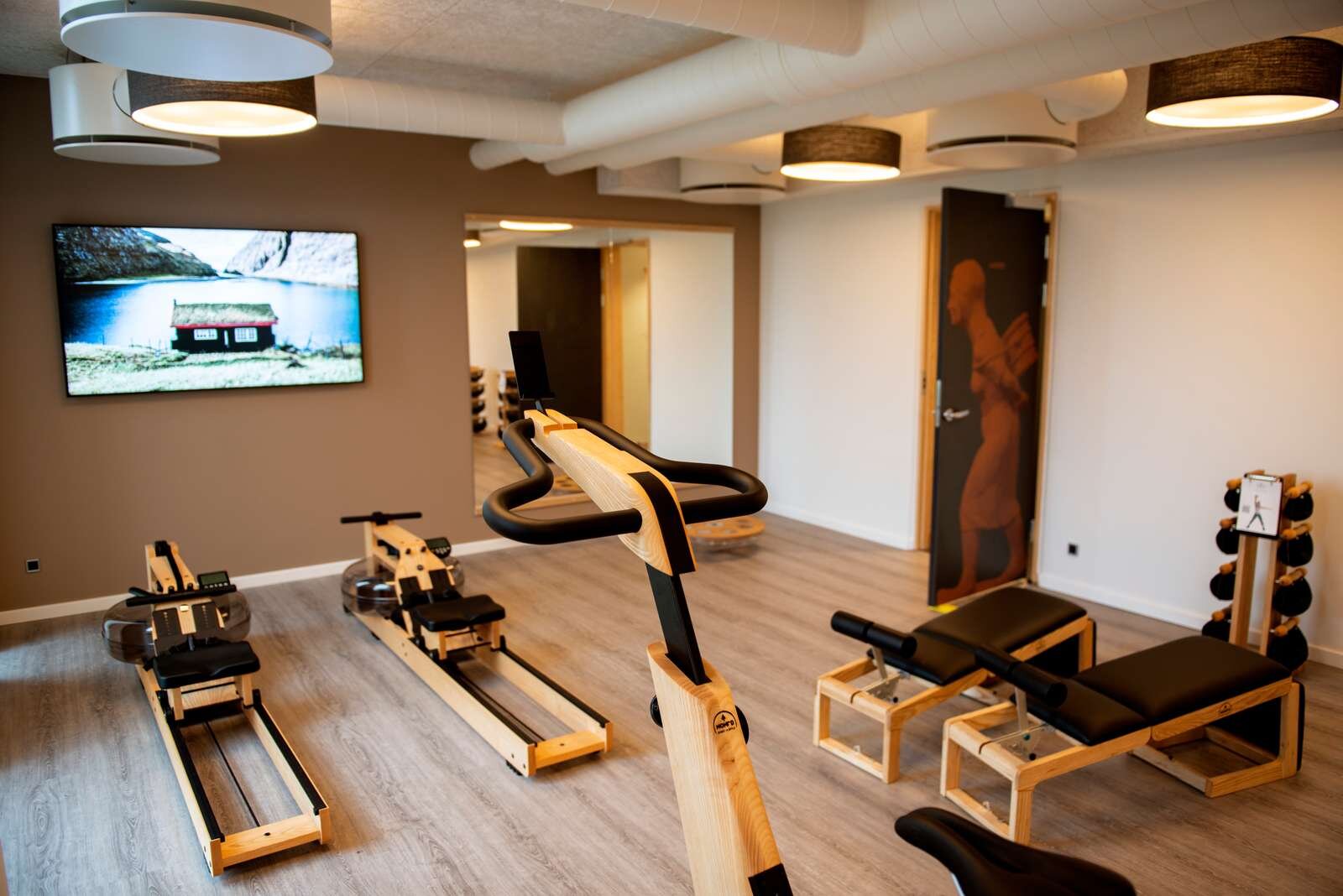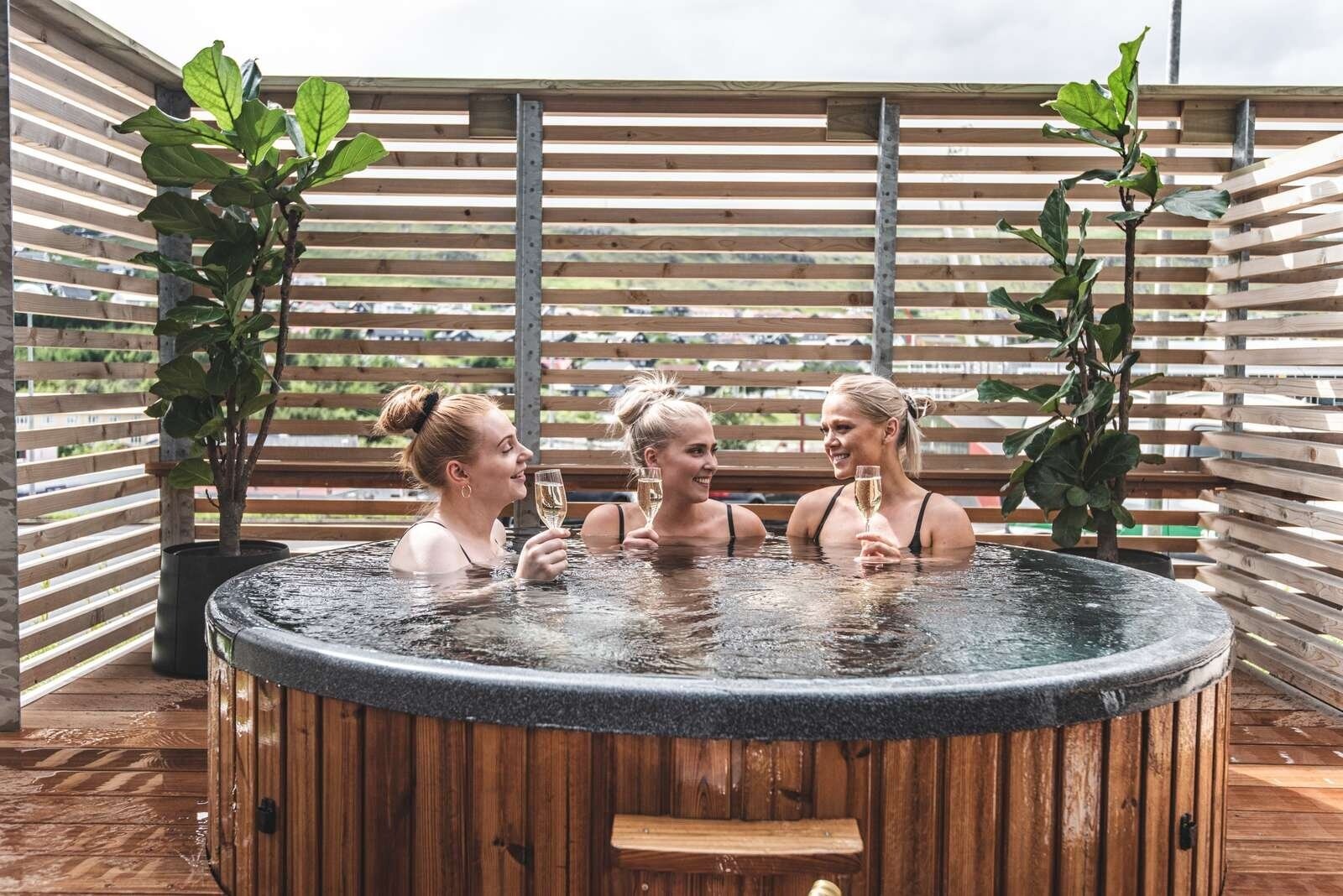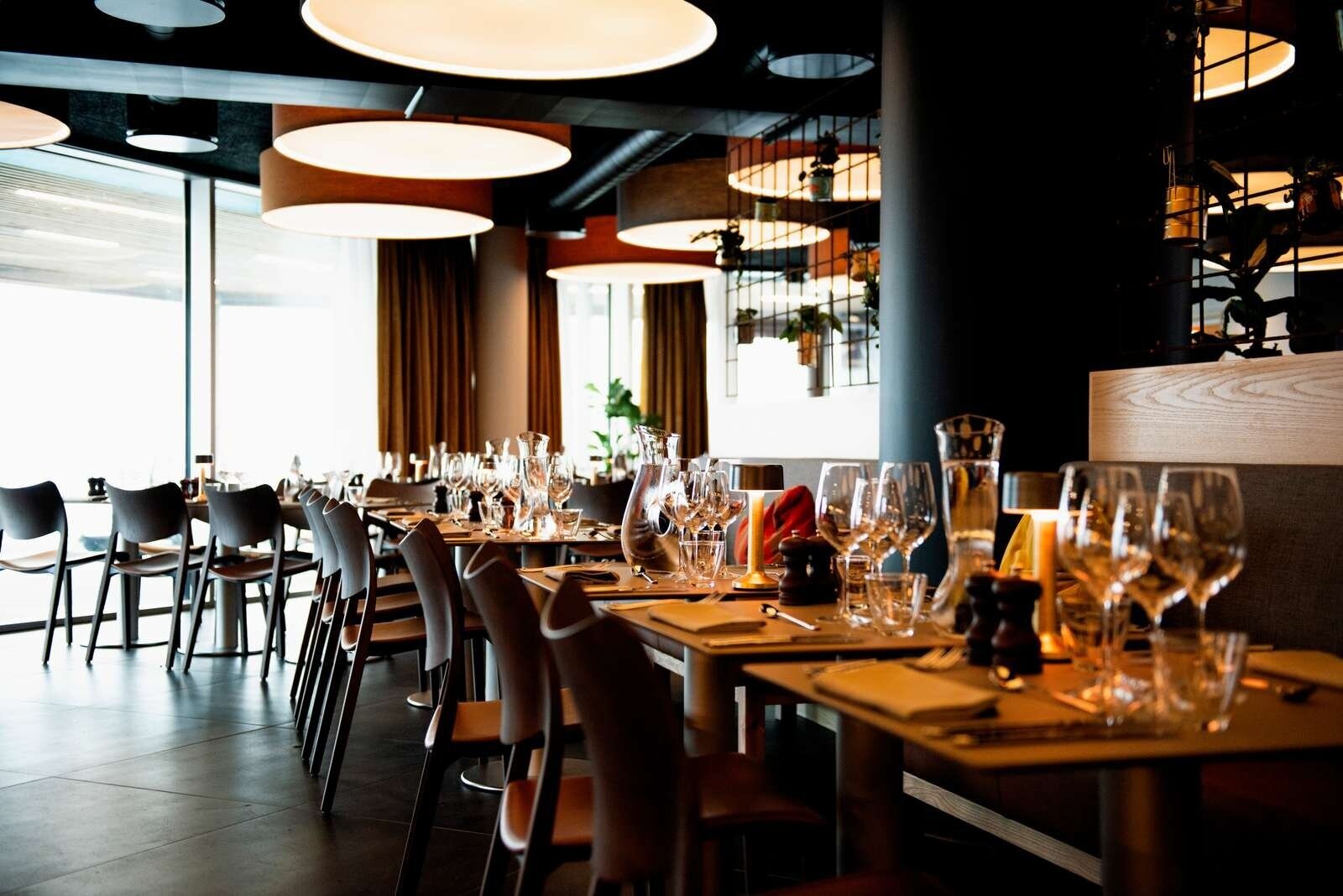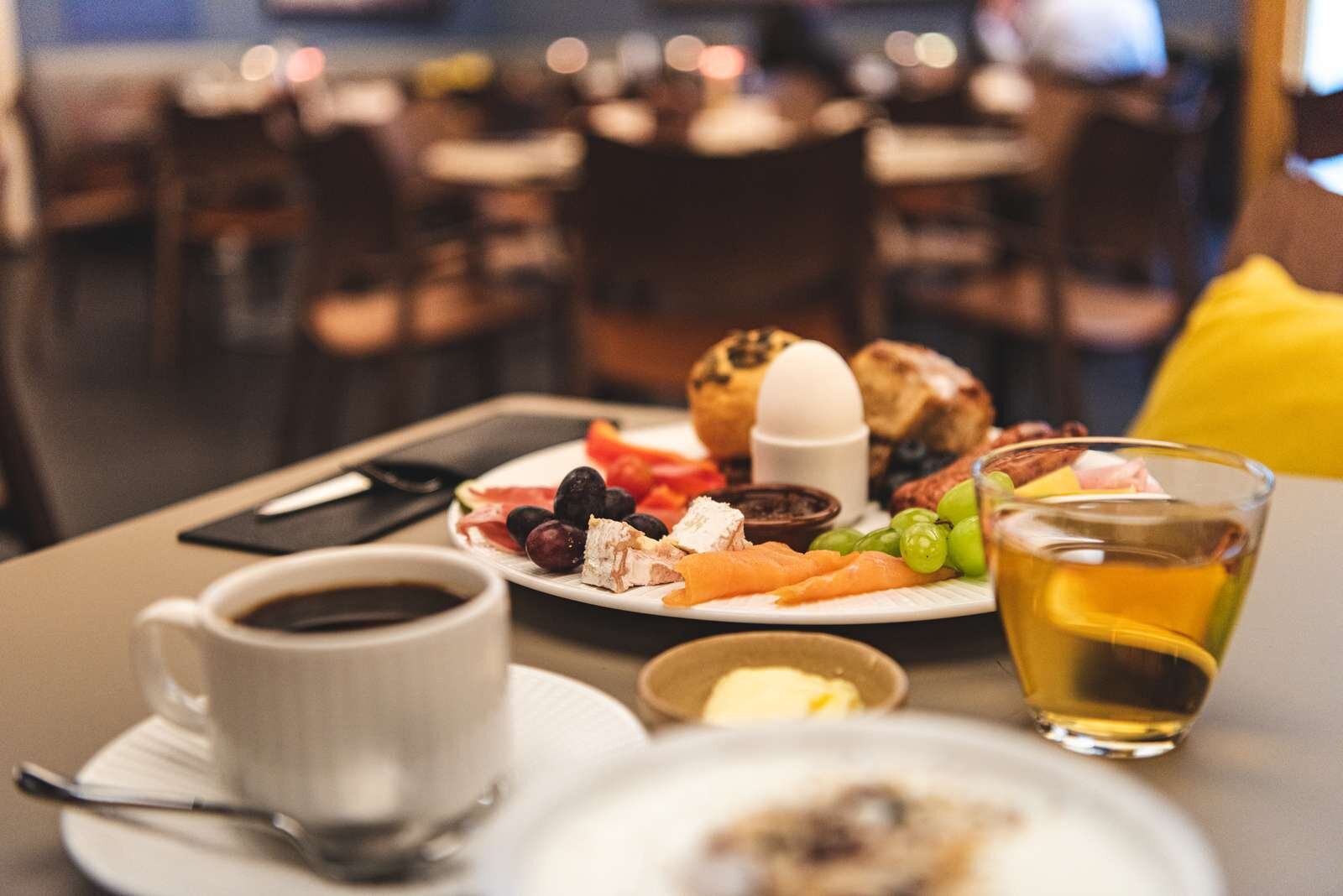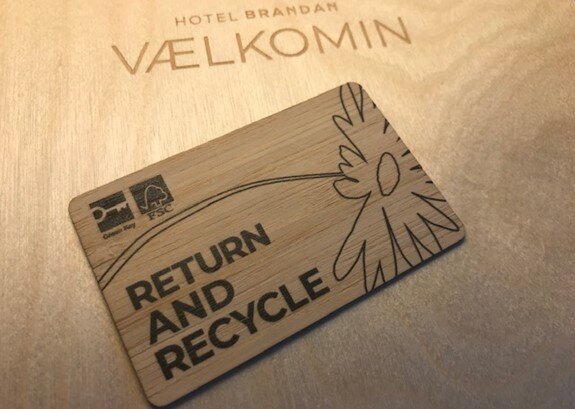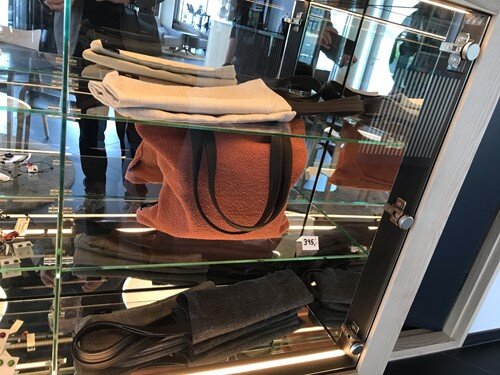During the pandemic, single-use plastics had a big comeback in the tourism industry, as they are seen as a means to assure safety and hygiene. Although the safety of guests and staff is, of course, the first priority, it does not need to come at the cost of the environment. To tackle this issue, our partner, Travel Without Plastic has created GreenerGuest, a website offering free courses about how to reduce plastic and keep guest’s safe.
Photo: © Greener Guest
GreenerGuest is a website, created by Travel Without Plastic that offers various tools, tips and online courses, designed to help businesses in the reduction or elimination of unnecessary single-use plastic. In addition, the website provides a wide range of suggestions for sustainable alternatives. To ensure a sufficient set of substitutes, GreenerGuest selected all these suppliers based on their commitments to social and environmental responsibility.
One of the courses offered by GreenerGuest is “how to reduce plastic and keep guests safe”. As time can sometimes be very limited within the tourism industry, the experts from Travel Without Plastic have created an easy yet holistic online course with six individual sections. The structure of the course allows the participants to take the course in their own pace and focus on those topics that are of special interest to the individual establishment. The website will keep track of their process, to make sure that all elements of the course are covered. The online course thereby facilitates the process for businesses to decrease or eliminate single-use plastic to sustainable alternatives.
Besides a general introduction on the issue of single-use plastics in connection to the COVID-19 crisis, the sections covered within the course are; Process Over Products, Putting New Processes in Place, Reducing Plastic Safely, Safe & Environmentally Friendly Disposal and Communication. Within these modules, each participant will learn principles of infection, the health impacts of single-use plastics, practical tips for the different departments in a hotel, the implementation of new processes, the safe reduction of plastic, disposal of contaminated waste, the communication procedures with guests and staff, amongst others.
When finishing the course, each participant will receive a completion certificate, which should serve as evidence for external auditors that may ask about staff training in sustainability and waste management. In addition, the course content will remain active for participants of the course to be able to refresh the memory at a later point.
Click here, to sign up for the online course.
In addition to the online course, Green Key International has hosted a webinar together with Travel Without Plastic and the Innovation Lighthouse on the 14th of October 2020. This webinar can now be re-watched under the following link.




